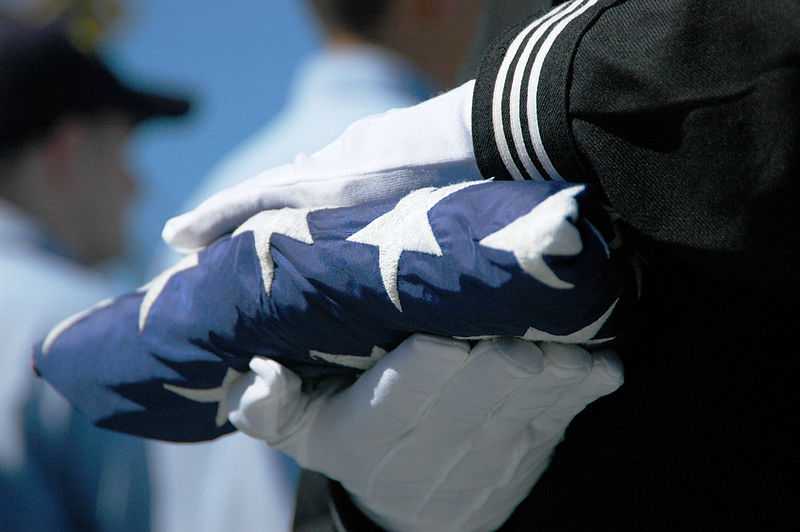
Many Veterans receiving VA disability benefits are at higher risk for severe illness from COVID-19. According to the CDC, high-risk groups include older adults and people with certain health conditions such as asthma, lung disease, heart conditions, diabetes, chronic kidney disease, liver disease, Veterans who are severely obese, or Veterans who are immunocompromised (such as cancer survivors).
Many veterans are concerned that if they happen to contract the virus and do not recover, that their spouses may not be taken care of.
If a Veterans death is the result of a service-connected injury or disease, the Veteran’s spouse (and sometimes a qualified dependent child) is entitled to Dependent Indemnity Compensation (DIC). DIC is a monthly payment given to a surviving spouse or family member, much like the VA compensation payment Veterans with service-connected conditions receive.
A spouse may also qualify for DIC benefits if the Veteran dies of a non service-connected injury or disease but was:
As mentioned above, there are certain instances where a spouse or dependent could receive disability compensation payments from the VA. But how does this work if a Veteran contracts COVID-19 and passes away?
In the case of COVID-19, it is unlikely that a Veteran would be service-connected for COVID-19 itself. However, a service-connected disability need only be “a” cause of the Veteran’s death. That means COVID-19 could be the direct cause of death, but if the Veteran’s service-connected disability was a contributing factor, the Veteran’s spouse may still be eligible for the benefit.
On the other hand, it is not clear if being service-connected with a risk factor would mean the spouse is automatically qualified for benefits. Concerned Veterans and spouses should consult with their doctor if they are in a risk factor category to ensure they take the recommended steps to prevent contracting the disease. A doctor can also note the risk factor in their medical service record for further evidence.
If you are in a high-risk factor, you should also let your attorney know so they can make sure they have it on record and in your file.
Our monthly newsletter features about important and up-to-date veterans' law news, keeping you informed about the changes that matter.